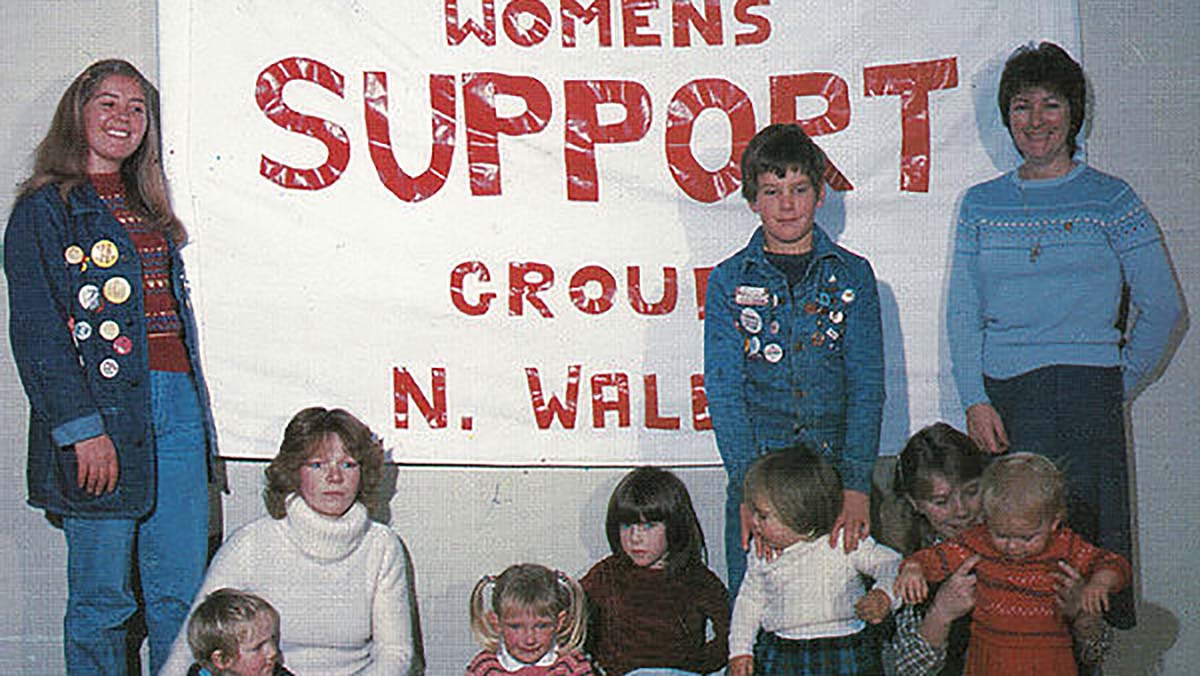(2021-2024)
The Gender, Family, and Deindustrialization Initiative seeks to understand the gendered and embodied dimensions of deindustrialization and its transgenerational legacies. In deindustrialization studies, representations of industrial closures have often dwelled on the ways that masculinity is threatened or reconfigured through the experience of job loss and on the erosion of collective ties and spaces linked to the world of work. Conversely, women have appeared only on the fringes of the literature on deindustrialization, sometimes in their capacities as wives and mothers, but increasingly also as displaced workers in their own right. This initiative will set a new research agenda for the field by focusing on the nexus of family, gender and work (whether paid or unpaid), and by bringing the history of deindustrialisation into productive dialogue with histories of youth, the body, health, the home and the caring economy. Through a comparative and transnational perspective, this initiative addresses the following research questions: How have unemployment, occupational transitions and/or changing employment opportunities affected gender identities and gender relations in the context of deindustrialisation? How and to what extent do family life, relationships and gender roles change in this context? How are class and gender entangled in experiences and narratives of deindustrialisation, and how might this inform our thinking across thematic initiatives?
Co-Investigators:
Affiliates:
- Amanda Whitt
- Andre Negro
- Anna Guildea
- Aparna Das
- Clara Casian
- Freya Willis
- Gabriel Ellison-Scowcroft
- Kate Wilson
- Lauren Laframboise
- Laurence Hamel-Roy
- Liam Devitt
- Lisa Taylor
- Marion Henry
- Naomi Petropoulos
- Nora Küttel
- Pete Hodson
- Pierre Toussenot
- Rebekah Chatellier
- Rory Stride
- Rose Steele
- Ruth Barton
- Sahar Ghasemshahi
- Shelby McPhee
- Shonagh Joice
- Sinead Burns
- Sona Baldrian
- Temitope Ojo Moses
- Tom Crompton
- Tom Fraser
- Yvonne McFadden



